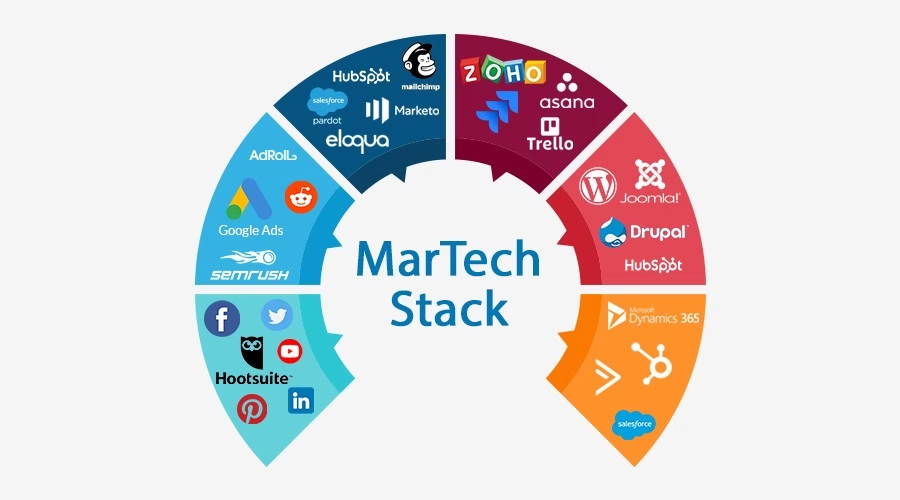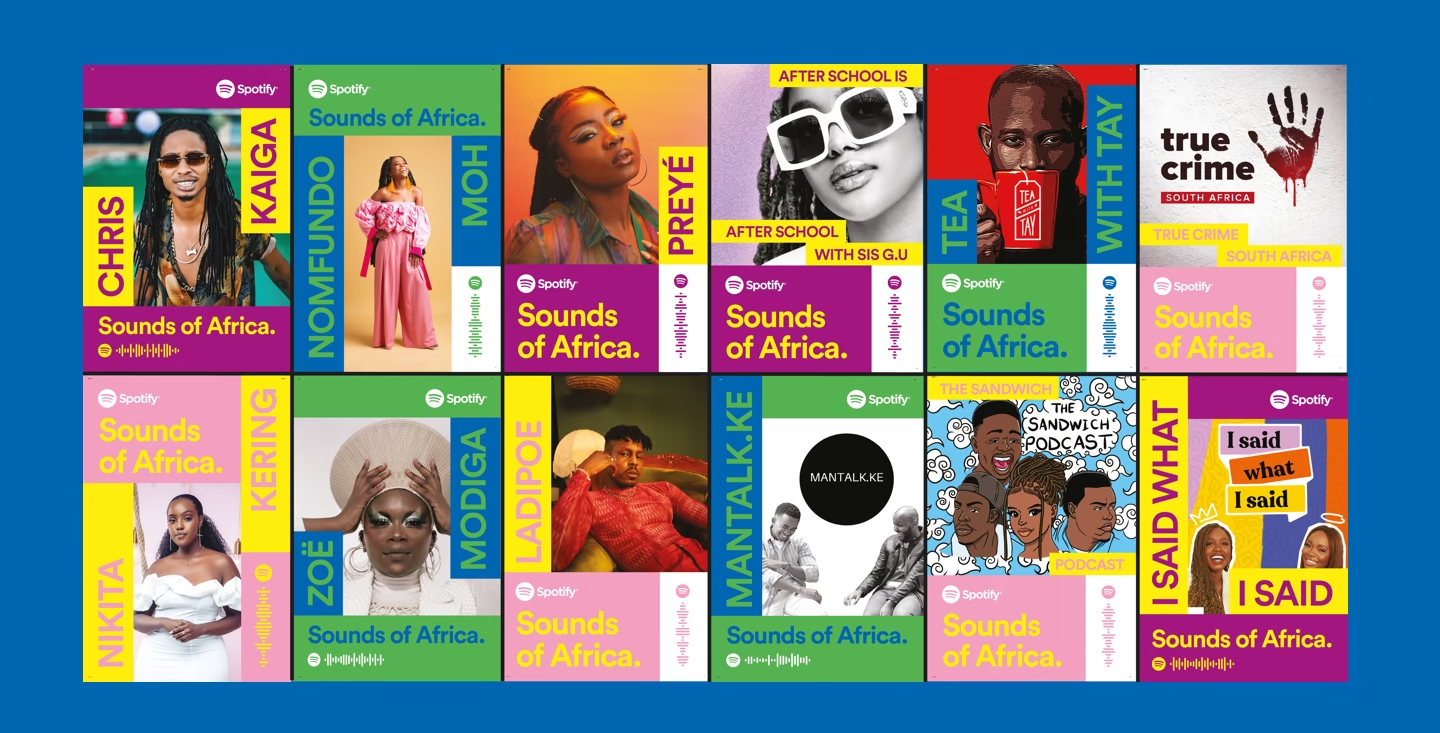The retail industry is undergoing a major transformation, and artificial intelligence (AI) is at the center of it. Today’s consumers expect personalized shopping experiences, whether they are browsing in-store or online. To meet these expectations, retailers are leveraging AI to analyze customer behavior, tailor recommendations, and create seamless interactions across multiple channels.
Retail giants like Ulta Beauty have been using AI-powered personalization strategies since 2018, ensuring that their physical stores remain relevant in an era dominated by e-commerce. Their approach highlights the growing importance of AI in customer engagement, inventory management, and targeted marketing.
How AI is Reshaping Retail Personalization
Retailers have long used data-driven marketing, but AI has taken personalization to a new level of accuracy and efficiency. Unlike traditional personalization methods that rely on predefined rules, AI-driven solutions analyze real-time customer interactions and make dynamic adjustments to enhance the shopping experience.
1. AI-Driven Customer Insights
AI enables retailers to process vast amounts of customer data, identifying patterns, preferences, and purchasing behaviors that would be impossible to detect manually. This allows brands to:
- Predict customer needs before they even realize them
- Deliver hyper-personalized product recommendations
- Identify and re-engage at-risk customers before they churn
Retailers like Ulta Beauty use AI-powered customer insights to track how consumers interact with products in-store and online. This data helps them adjust store layouts, product placements, and promotions to maximize engagement.
2. Personalized Marketing Campaigns
Retailers are moving beyond generic email blasts and banner ads. AI allows brands to create dynamic marketing campaigns tailored to individual customer preferences. This includes:
- AI-generated product recommendations based on past purchases
- Targeted promotions that adapt in real time based on customer behavior
- Personalized email and SMS campaigns that resonate with specific audiences
For instance, if a customer frequently purchases skincare products, AI can ensure they receive exclusive discounts on new skincare launches, rather than irrelevant promotions for unrelated products.
3. AI-Powered In-Store Personalization
Physical retail stores are not being left behind in the AI revolution. Companies like Ulta Beauty use AI to bridge the gap between online and offline shopping, ensuring that in-store visits are just as personalized as e-commerce experiences.
AI helps in-store teams by:
- Analyzing past purchase history to provide tailored recommendations in real time
- Identifying high-value customers when they enter the store and offering exclusive deals
- Optimizing store layouts based on heatmaps that track customer movement and engagement
By integrating AI with in-store experiences, retailers can create frictionless, high-impact shopping journeys that keep customers coming back.
4. Chatbots and Virtual Assistants
AI-powered chatbots and virtual assistants have become key players in retail personalization. These tools provide:
- 24/7 customer support for inquiries about products and orders
- Instant product recommendations based on user preferences
- AI-driven fashion and beauty advisors that help customers choose the right items
For example, AI assistants in beauty retail can analyze skin tones and types to recommend the most suitable foundation shades, eliminating the need for trial-and-error shopping.
5. AI for Inventory Management and Demand Forecasting
Personalization is not just about marketing—it also involves delivering the right products at the right time. AI helps retailers predict demand, prevent stockouts, and optimize inventory, ensuring that customers can always find what they need.
Key benefits of AI in inventory management include:
- Real-time tracking of product demand based on purchasing trends
- AI-driven pricing adjustments that maximize revenue and reduce waste
- Better coordination between online and in-store inventory to prevent overstocking or shortages
Retailers that fail to integrate AI into their inventory strategies risk losing customers to competitors who offer a seamless shopping experience.
Why AI-Powered Personalization is Critical for Retail Success
Retailers that adopt AI-driven personalization see higher conversion rates, increased customer loyalty, and improved operational efficiency. The benefits are clear:
- Customers are more likely to buy from brands that personalize their experience
- Personalized recommendations drive higher average order values
- AI-powered automation reduces marketing waste and improves ROI
According to McKinsey, companies that implement advanced personalization techniques generate 40% more revenue from personalized efforts compared to those that do not.
How Retailers Can Prepare for AI-Driven Personalization
To stay competitive in the AI-driven retail landscape, brands must:
- Invest in AI-powered customer data platforms – These tools collect and analyze data from multiple touchpoints, creating a unified customer profile.
- Adopt real-time AI personalization tools – AI must be capable of making instant adjustments to customer interactions, not just pre-set recommendations.
- Bridge the gap between online and offline experiences – AI should create a seamless shopping journey across e-commerce and physical stores.
- Train employees to work alongside AI – Store associates and customer service teams must understand how to leverage AI insights for better customer interactions.
- Continuously optimize AI models – AI-powered personalization is not a one-time setup. Brands need to regularly refine and update their algorithms to keep up with changing consumer behaviors.
Final Thoughts
Retailers that embrace AI-powered personalization will gain a significant competitive edge, delivering highly relevant, engaging experiences that drive loyalty and revenue growth. As consumers continue to expect seamless and customized shopping experiences, the role of AI in retail will only expand.
Those who fail to integrate AI-driven strategies risk losing market share to competitors who provide smarter, more personalized interactions. The future of retail is intelligent, data-driven, and deeply personalized—and AI is leading the way.










